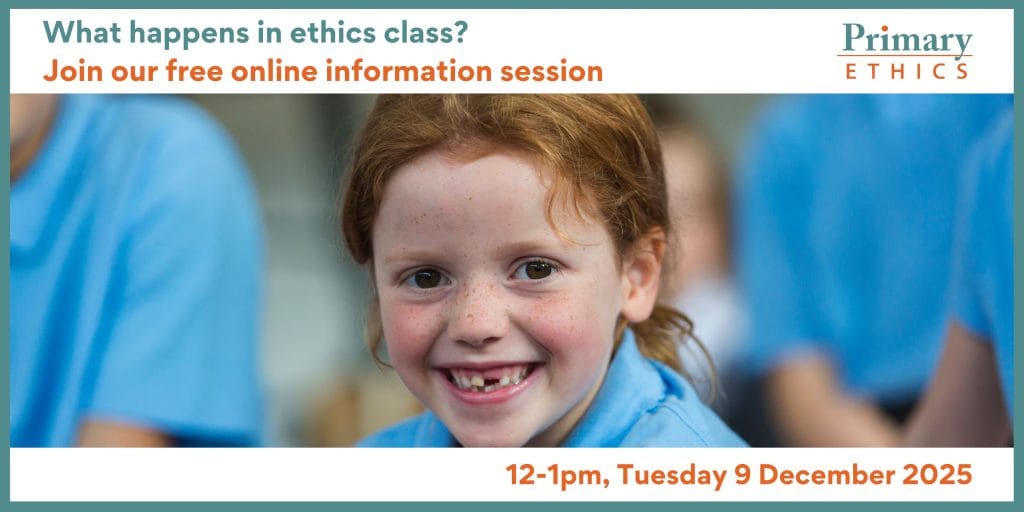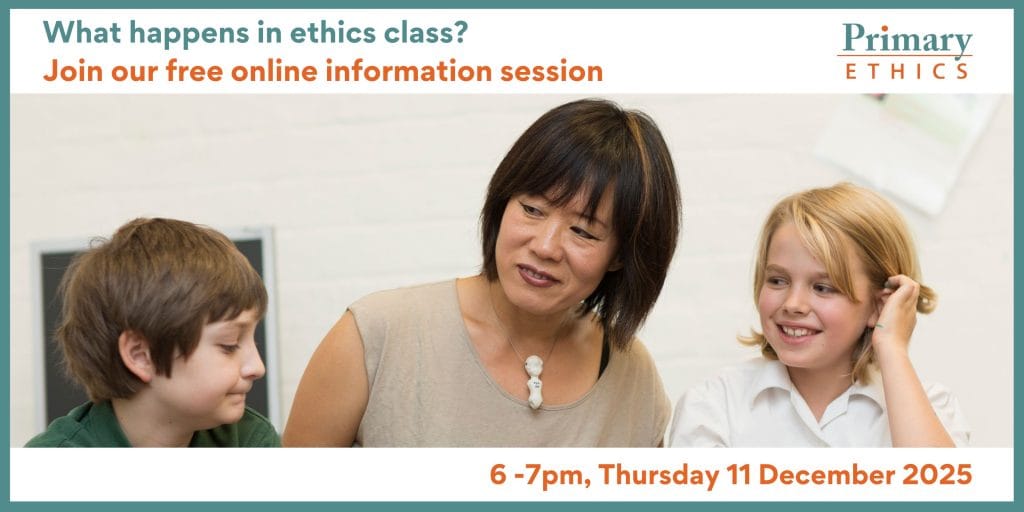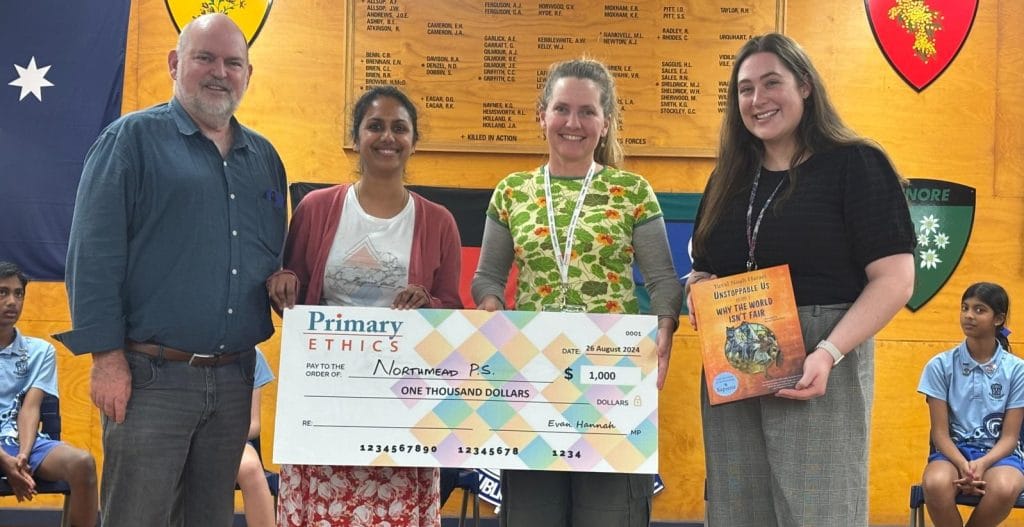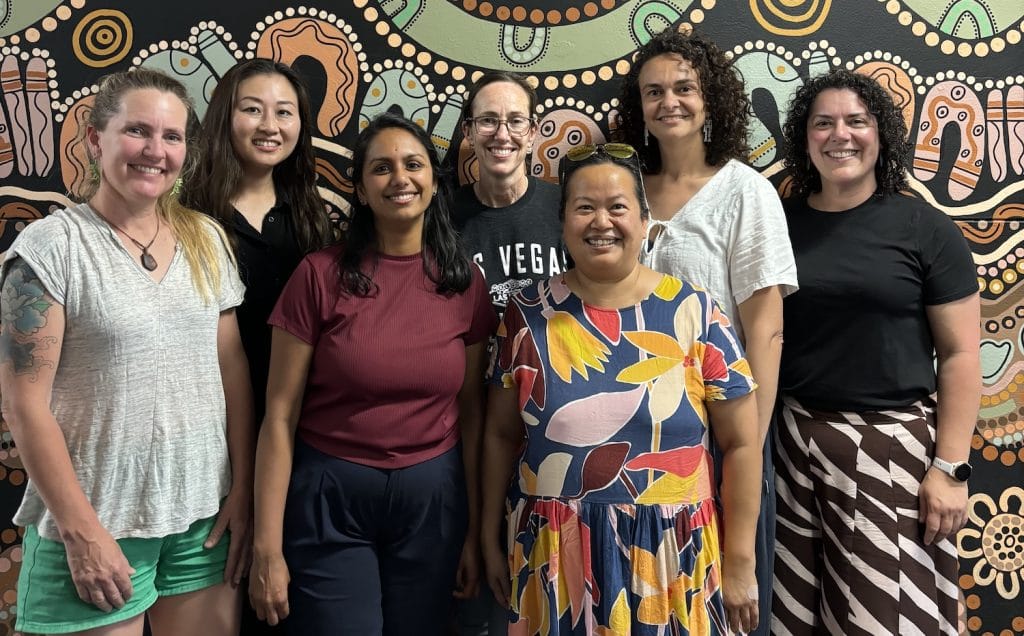All about ethics lessons: webinars
We run regular one-hour webinars for anyone interested to find out more about what happens in ethics lessons or about volunteering with us.
In the webinar, you’ll be able to participate in a demo lesson to see our teaching style in action, hear first-hand from current ethics volunteers, hear about what impact ethics lessons have on children, plus all about our comprehensive free training and what’s involved in volunteering with us.
Click on an image for any session below to register.







